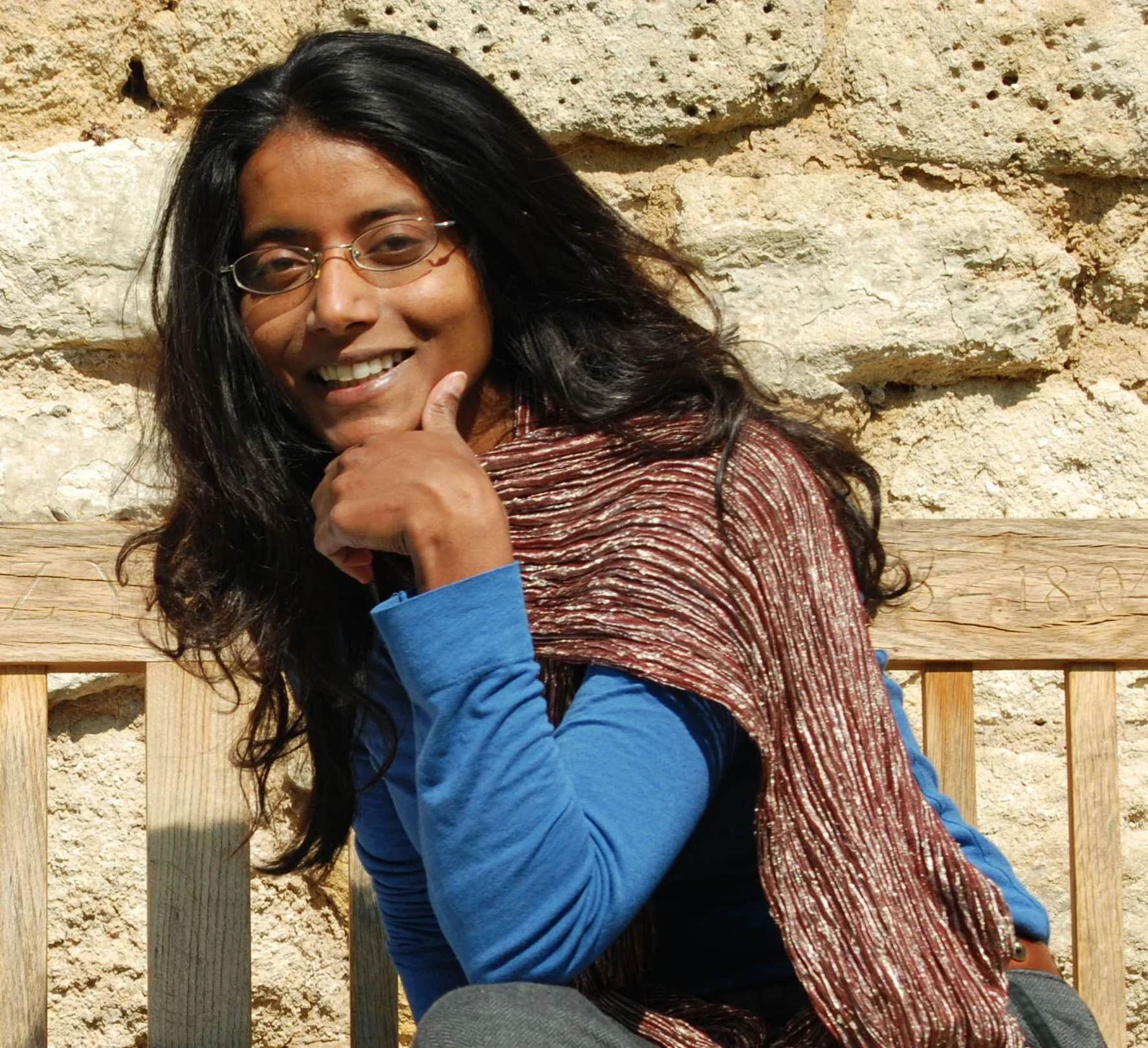Nirmali Fenn
Nirmali Fenn is a Sri Lankan-born Australian composer and musical nomad. At the heart of all her music is the message that home is mobile – each piece responds to what is happening in the place where the composition was born.
Nirmali’s music has been commissioned all over the world, leading to projects with ensembles such as the Arditti String Quartet, Ensemble Cairn, Ensemble Linea, the Kuss Quartet, Ensemble Concorde, Melbourne Symphony Orchestra, the Hong Kong New Music Ensemble, UnitedBerlin ensemble, Ensemble Offspring, Unheard-of//Ensemble and Ensemble Phorminx.
She has been a composer-in-residence at a number of major European music festivals, most notably the Lakes District Summer Music Festival, the Saxophone Habanera Festival in Poitiers, Zeitströme 2018 in Darmstadt, and has been guest composer at festivals in New York held by Yarnwire and Unheard-of//Ensemble. In 2022, she was awarded a New Music USA grant, which lead to the composition of Prayer for the Grammy award-winning bassoonist Frank Morelli. Another solo work, When Shadows hold their Breath was commissioned by the Juilliard School to encourage new repertoire specifically for pre-college clarinetists.
The release of her CD with the Kairos label led to reviews that described Nirmali’s music as “dynamic and sculpturally fluid”, exploring the “poetics of spacetime thematic resonance”. Her piece When Apathy is Betrayal was awarded the grand prize for the 2nd Ise-Shima International Composition Competition, Japan, and she received 1st prize at the 26th Concorso Internazionale di Composizione, International Centre of Musical Resources, Italy for her piece Through a Glass Darkly. Frank Morelli is releasing Nirmali’s Prayer on his album with Musica Solis and When Apathy is Betrayal is to be released with New Focus Records, New York.
Nirmali believes the creative impulse can be engaged as a tool of resistance to conflict, and can assist with our sensitization to the plight of others, including our ability to hear the struggles of marginalized voices. Another artistic focus is to allow performers to ‘see’ with their ears, to compose spatial ‘views’ of their surroundings. She believes that sonic vibration gives audiences the opportunity to experience the volume of the spaces in which they exist.
